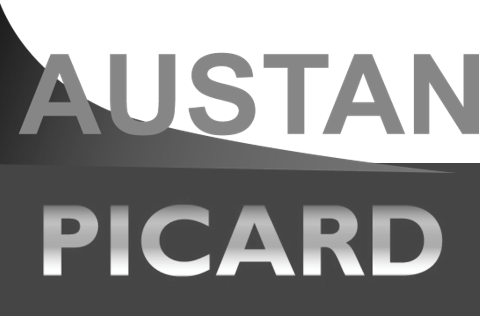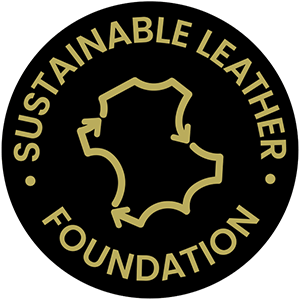We are delighted to welcome Austan and Picard as our first group partner comprising both a tannery and a product manufacturer!
Based in Bangladesh, Austan Limited is an environmentally friendly, manufacturer of finished leather located in Dhaka Export Processing Zone.
Austan manufactures a wide range of high quality finished leather products to Picard and aims to develop a sustainable, diverse product range, investing in new techniques and technology to help achieve this aim.
Picard Limited is a leather goods product manufacturer supplying both domestic and international demand, dedicated towards providing a one-stop solution to customers for all of their requirements. Picards aim to become one of the most sustainable leather products manufacturers in Bangladesh.
“As we continue to expand the remit of our Transparency Dashboard™ we are delighted to welcome product manufacturers such as Picard into the programme. Extending the visibility of value chains right through to the consumer, in order to highlight good practices and support with improved outcomes, is one of our key objectives” said Deborah Taylor, SLF’s Managing Director.
She continues “It is really important for the Foundation that our Transparency Dashboards™ are representative of the industry needs and expectations, so having the teams at Austan and Picard supporting this development through provision of knowledge and input is really valuable. We are looking forward to working with them and other product manufacturers that are coming onboard to develop our Product Manufacturer Transparency Dashboard™.
Watch this space!”

Sustainable Leather Foundation supports the leather industry through an Accessible, Inclusive, Modular (A.I.M.) approach that is represented through a Transparency Dashboard™. Coupled with a certification programme that alleviates duplication of effort, by first recognising any existing certifications and mapping them onto the Dashboard before then evaluating any gaps in performance or certification. Putting the emphasis on meeting a required standard instead of who the provider is, makes it a more equitable and accessible model that gives brands and other value chain customers a real methodology for creating strong partnerships with their suppliers both now and into the future.
